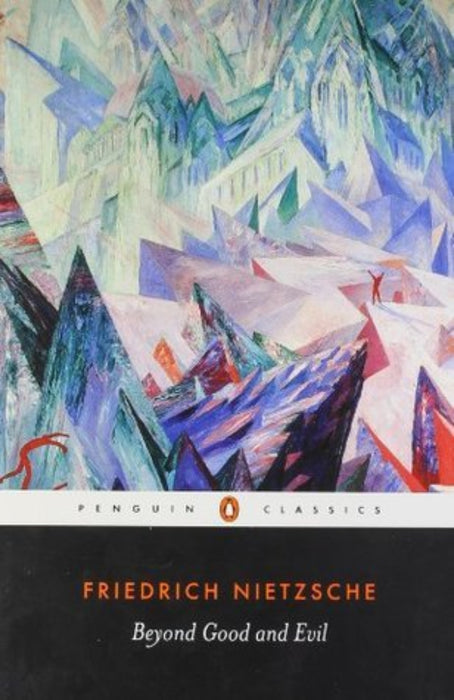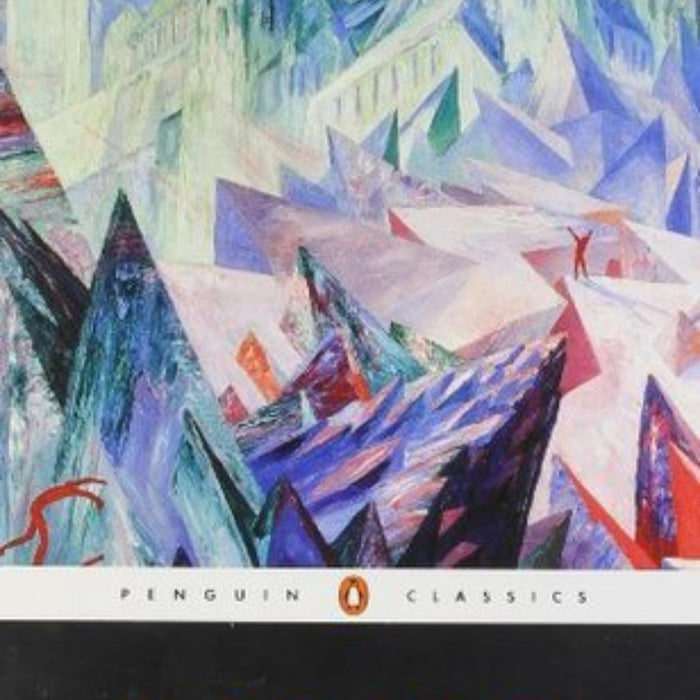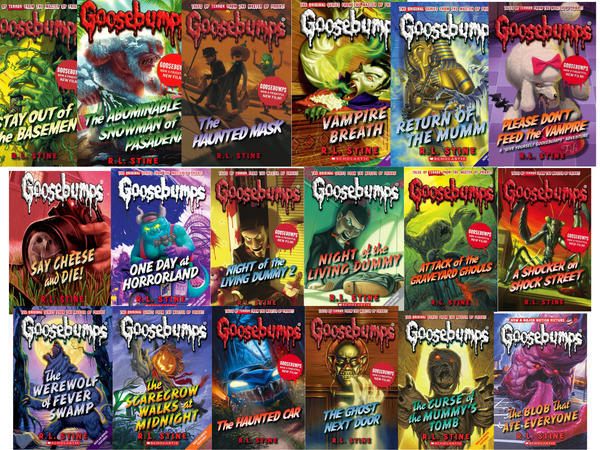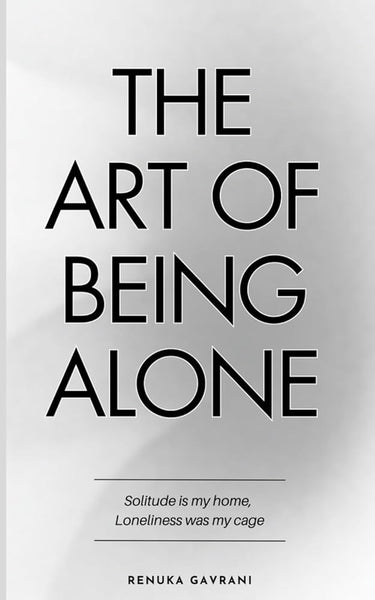Beyond Good And Evil Friedrich Nietzsche (Author)
- Publisher: PHILOSOPHY
- Availability: In Stock
- SKU: 53544
Rs.300.00
Rs.399.00
Tags: A + Quality , A Plus Quality , best books , Best Price , Best Quality , Best Selling Books , Beyond Good And Evil , Beyond Good and Evil Analysis , Beyond Good and Evil Quotes , Critique of Traditional Morality , Ethics and Morality , Existentialism , Free Will and Determinism , Friedrich Nietzsche , German Philosophy , Human Existence and Meaning , Master-Slave Morality , Nietzsche and Postmodernism , Nietzsche and Religion , Nietzsche and the Overcoming of Good and Evil , Nietzsche Philosophy , Nietzsche's Impact on Modern Thought , Nietzsche's Influence on Modern Philosophy , Nietzsche's Will to Power , Nietzschean Philosophy , Nihilism , ONLINE BOOKS , Online Bookshop , Penguin Classics , Penguin Classics Beyond Good And Evil , Philosophical Classics , Philosophical Works for Beginners , Philosophy and Ethics , Philosophy of Freedom , Philosophy of Truth , Psychological Insights in Nietzsche’s Work , Self-Overcoming , The Concept of the Eternal Recurrence , The Death of God , The Übermensch , Theories of Morality
Beyond Good And Evil (Penguin Classics) Friedrich Nietzsche (Author)
"Beyond Good and Evil" by Friedrich Nietzsche is a seminal philosophical work that challenges conventional moral values and explores the complexities of human nature. Nietzsche critiques traditional morality and religious beliefs, advocating for a reevaluation of values and the development of individual will and power.
Key Features
-
Critique of Morality
- Questioning Traditional Values: Nietzsche challenges the binary opposition of good and evil, arguing that moral values are subjective and socially constructed.
-
Philosophy of the Will
- Will to Power: The book introduces the concept of the "will to power," emphasizing the importance of strength, creativity, and self-overcoming in shaping one's destiny.
-
Revaluation of Values
- Beyond Conventional Morality: Nietzsche advocates for a revaluation of values, encouraging individuals to transcend conventional morality and create their own values.
-
Master-Slave Morality
- Moral Dichotomy: The work contrasts "master morality," associated with strength and nobility, with "slave morality," characterized by weakness and resentment.
-
Critique of Religion
- Challenge to Christianity: Nietzsche criticizes Christianity and its moral framework, arguing that it promotes a denial of life and the human spirit.
-
Philosophical Insights
- Psychological Observations: The book offers deep insights into human psychology, exploring concepts like self-deception, guilt, and the nature of the human soul.
-
Perspective and Interpretation
- Subjectivity of Truth: Nietzsche emphasizes the importance of perspective, suggesting that truth is not absolute but is interpreted differently by individuals.
-
Influence on Existentialism
- Foundation for Existentialism: The ideas presented in the book laid the groundwork for existentialist thought, influencing later philosophers like Jean-Paul Sartre and Albert Camus.
-
Critique of Dogmatism
- Against Philosophical Dogma: Nietzsche rejects the rigid dogmas of traditional philosophy, advocating for a more fluid and dynamic approach to thinking.
-
Call to Intellectual Courage
- Embrace of Uncertainty: The book encourages readers to embrace uncertainty and complexity, advocating for intellectual courage in questioning established norms.
Conclusion
"Beyond Good and Evil" is a profound and provocative work that challenges readers to rethink their moral and philosophical beliefs. Nietzsche's exploration of power, morality, and human nature remains influential, making this book a cornerstone of modern philosophy.

























